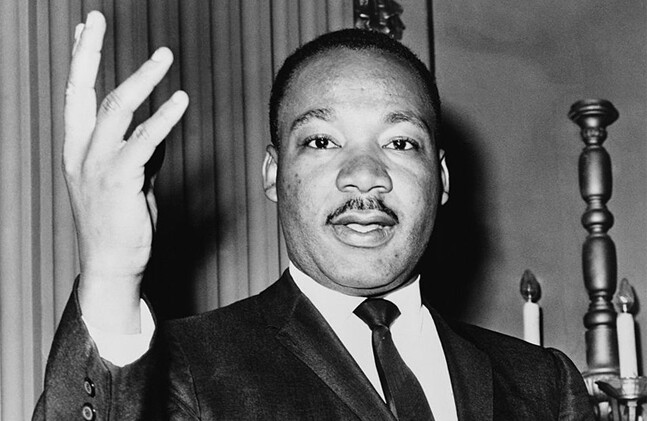‘No Kings Day’: Controversial Protest Sparks Mockery and National Debate
By Newsroom Staff | Published: June 11, 2025
Introduction
A protest dubbed “No Kings Day” — launched this past weekend by a coalition of anti-authoritarian activists — is being widely mocked on social media and in political commentary circles as possibly “the dumbest protest in American history.” Designed to symbolize opposition to what organizers see as “monarchical tendencies” in modern American leadership, the event included symbolic flag burnings, mock royal coronations, and chants denouncing “tyrants in suits.”
But critics on both the left and right are calling it incoherent, performative, and historically tone-deaf — igniting a broader debate over the effectiveness and meaning of modern protest movements.
What Was ‘No Kings Day’?
The protest was conceived by a loosely organized network of civil libertarian and anti-capitalist groups who claim that both major U.S. parties are drifting toward authoritarian control. Organizers say the inspiration came from the Founding Fathers’ rejection of monarchy — specifically King George III — and warn that current politicians wield “imperial” powers through executive orders, surveillance laws, and militarized police.
Protesters marched in major cities including Washington D.C., San Francisco, and Portland, some wearing powdered wigs or “anti-king” placards. In Austin, Texas, demonstrators carried banners reading: “No to Monarchies, No to Billionaires, No to Rule by Decree.”
“This is about political power, not crowns or thrones,” said activist Remy Vega. “We’re protesting systems, not just figureheads.”
Online Backlash and Ridicule
Despite the serious intentions, #NoKingsDay quickly trended for all the wrong reasons. Influencers, political commentators, and comedians mocked the event for what they called its “absurd symbolism” and lack of focus. Memes flooded social media, comparing protesters to cosplay fans or satirizing their historical references.
Popular conservative commentator Ben Shapiro posted:
“What monarchy? America hasn’t had a king in 250 years. This is cosplay activism at its dumbest.”
Even liberal voices voiced skepticism. MSNBC analyst Zerlina Maxwell said on air, “It’s not that they’re wrong to critique executive overreach, but ‘No Kings Day’ is just… cringe.”
Critics: ‘Dumb Protest’ or Misunderstood Symbolism?
The backlash has raised the question: was “No Kings Day” poorly executed or unfairly judged? Protest scholar and historian Dr. Jonah Fields argues it may be both.
“Symbolic protests are hard to pull off, especially when they reference distant history,” Fields said. “But dismissing them as dumb ignores the real concerns about unchecked power.”
Still, Fields notes, the lack of clear policy goals and the satirical optics made the movement “an easy target” for ridicule.
Connection to Trump-Era Policies and Political Climate
The protest comes amid increasing concerns about the consolidation of power under President Trump’s second term. The expansion of the federal emergency authority, frequent use of executive orders, and rhetoric about “total authority” have sparked fears — particularly among civil libertarians — of creeping autocracy.
Activists argue the point of “No Kings Day” was not to parody royalty, but to call attention to perceived abuses of executive power, including:
- Immigration raids conducted without warrants
- The Big Beautiful Bill’s protest restrictions
- Unilateral actions affecting mask bans, surveillance, and press freedom
Supporters Defend the Protest
Despite mockery, some defenders say the protest was misunderstood — or deliberately misrepresented. Media literacy advocate Darnell Reyes told [Pew Civic Trust]:
“People laughed at early labor protests too. Sometimes the satire is the point — it invites people to think. At least they’re not silent.”
Others suggest the media environment leaves little room for symbolic action without distortion. “If you’re not hashtag-perfect or meme-friendly, your message gets flattened,” said independent journalist Tanvi Rao.
Conclusion
Whether viewed as brave civil resistance or misguided theatrics, “No Kings Day” has become a flashpoint in America’s ongoing culture war over power, protest, and the meaning of democracy. If nothing else, the backlash highlights how difficult it has become to stage dissent in a world driven by optics, virality, and polarized attention.
“You can call it dumb,” said one organizer. “But at least we did something. Most people are too scared to even speak.”
